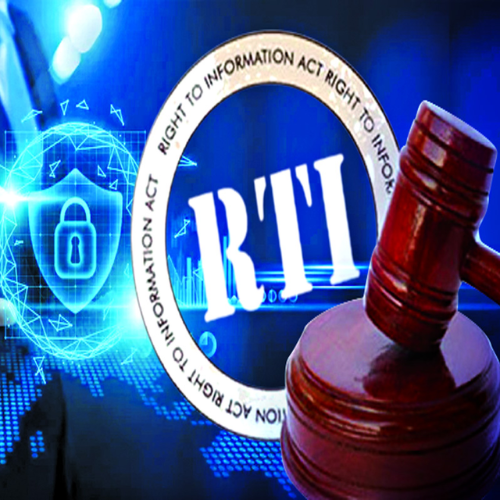
FaceOff has unveiled FaceGuard, an AI-powered solution designed to protect users from rising threats of video call scams such as Digital Arrest and Sextortion. With video calls increasingly exploited by fraudsters impersonating officials or creating intimate threats, FaceGuard introduces a two-fold defense—replacing the user’s real face with a live digital avatar and analyzing the caller in real-time for signs of fraud.
The core innovation behind FaceGuard is its proactive privacy and reactive intelligence. Users create a secure, expressive digital avatar during a one-time setup. This avatar mimics their facial expressions and movements using 3D mesh modeling and facial tracking, ensuring their real face is never exposed during unknown video calls. Simultaneously, the caller’s video feed is scanned using the Faceoff Lite engine to detect suspicious behaviors and synthetic media.
FaceGuard’s Faceoff Lite engine is optimized for mobile and leverages advanced AI modules for real-time analysis. It detects deepfakes, screen replays, voice clones, and behavioral red flags—such as reading scripts, unnatural eye movement, and emotionally manipulative expressions. It also evaluates tone, posture, and gaze patterns to compute a “Trust Factor” score for the caller. Alerts and fraud warnings are shown through a subtle, non-intrusive overlay during the call.
The system includes an on-device fraudster identity database, allowing users to store facial embeddings of confirmed scammers. If a known fraudster tries to contact the user again, FaceGuard will block the call before it begins. Optionally, users can anonymously contribute to a community-powered threat database, improving collective defense across the platform.
During a call, if the AI engine detects threats, it alerts the user with a Trust Factor score and reasons (e.g., "Script Reading Detected"). The user can then choose to confirm and block the fraud, immediately terminating the call and updating their personal fraudster log. This privacy-first approach ensures all sensitive data remains local, unless the user consents to share anonymized threat signatures.
FaceGuard is designed for flexible deployment—as a standalone mobile app or as an SDK for integration into platforms like Zoom, WhatsApp, Telegram, or Google Meet. This makes it ideal for both personal safety and enterprise use, especially in high-stakes virtual meetings where verifying identities and safeguarding participants is crucial.
By combining privacy protection, AI-based scam detection, and community-driven defense, FaceGuard offers a comprehensive security layer against emerging video call threats. It empowers users to stay safe and anonymous, prevents misuse of facial footage, and enables early detection of sophisticated fraud attempts—all in real time. For more visit www.faceoff.world.
See What’s Next in Tech With the Fast Forward Newsletter
Tweets From @varindiamag
Nothing to see here - yet
When they Tweet, their Tweets will show up here.




























